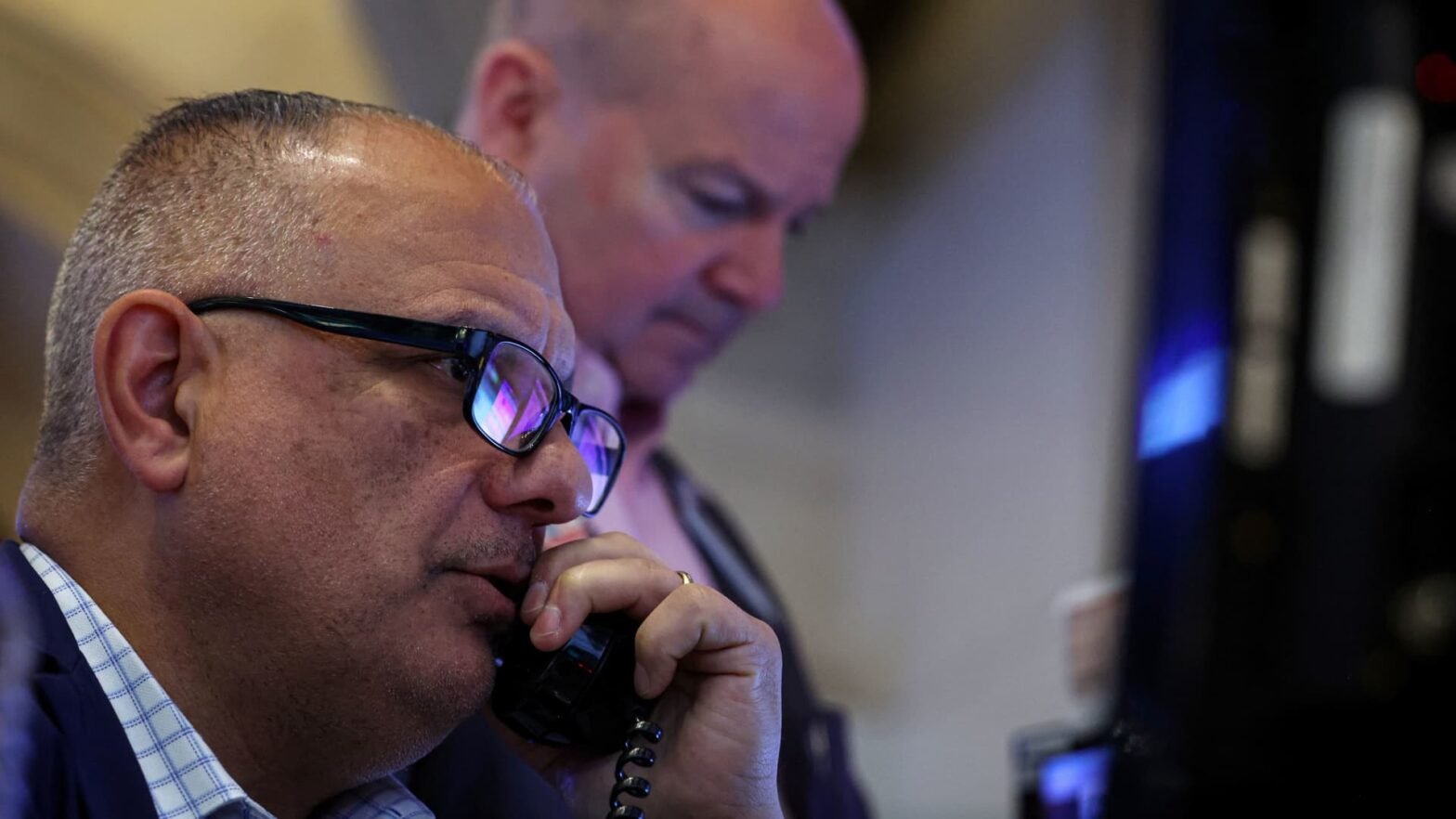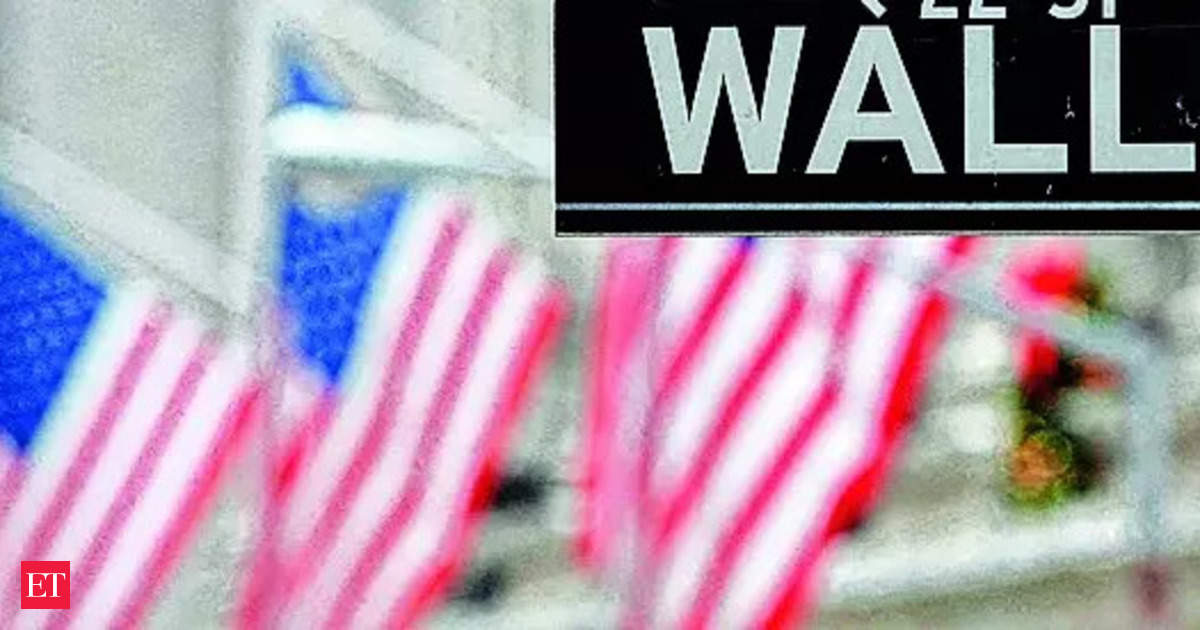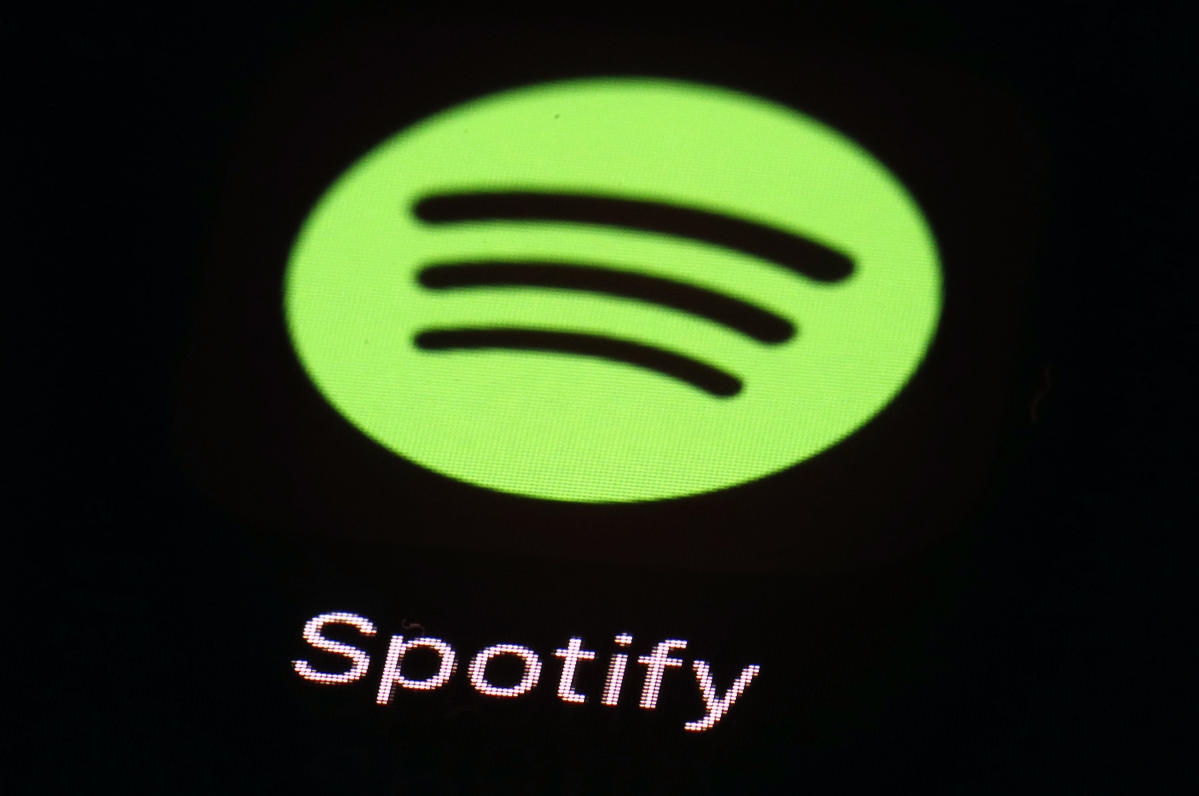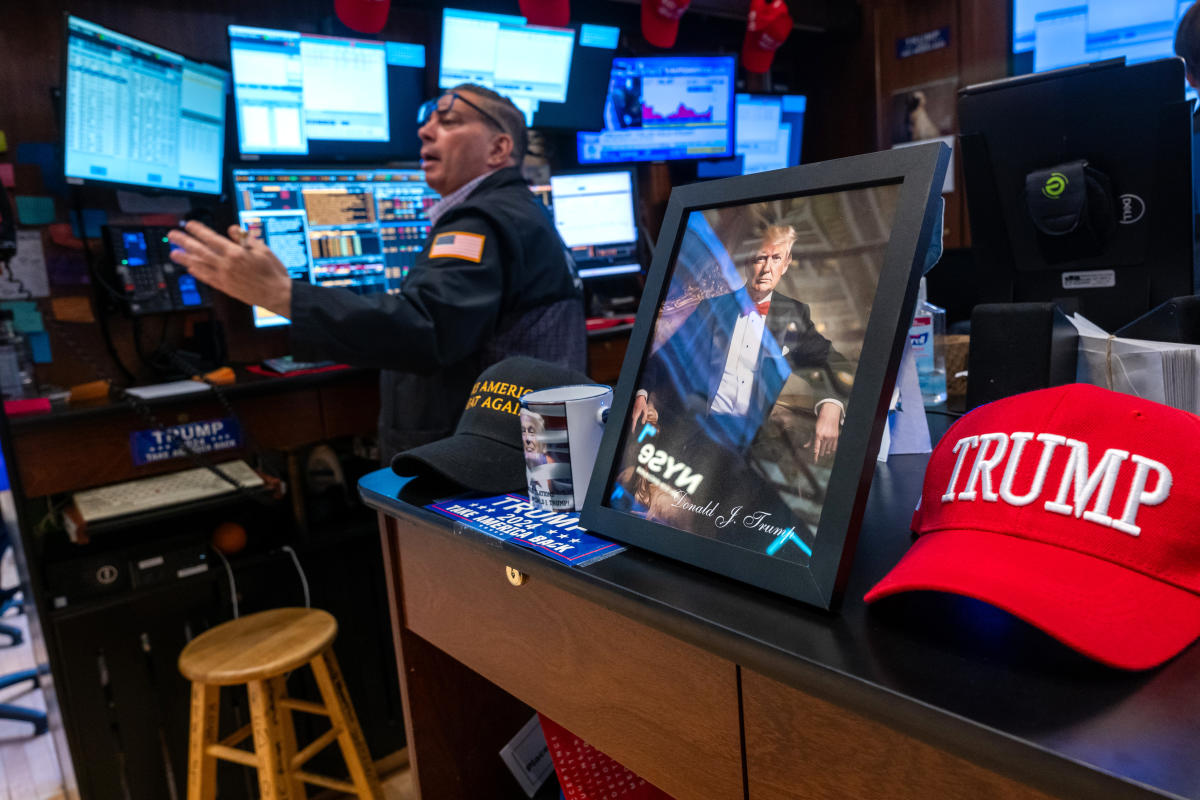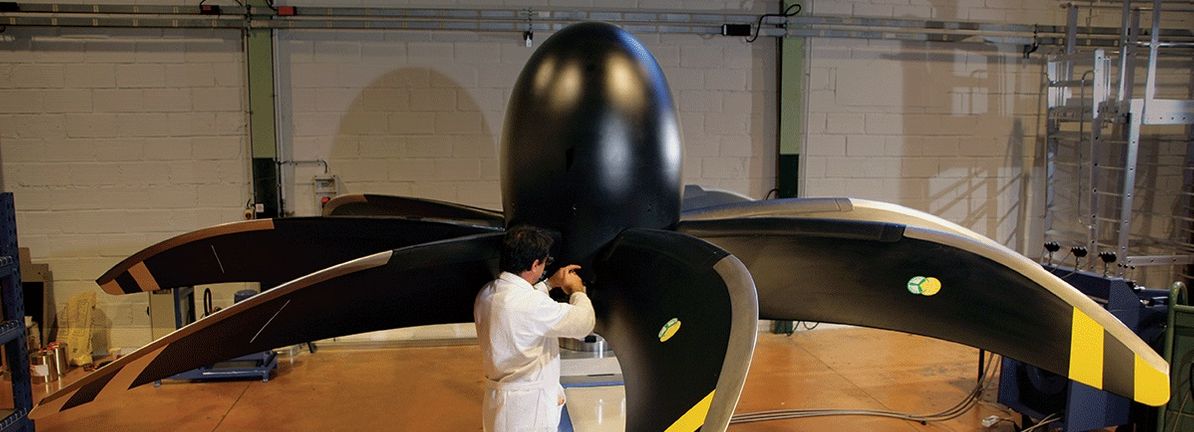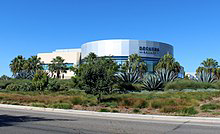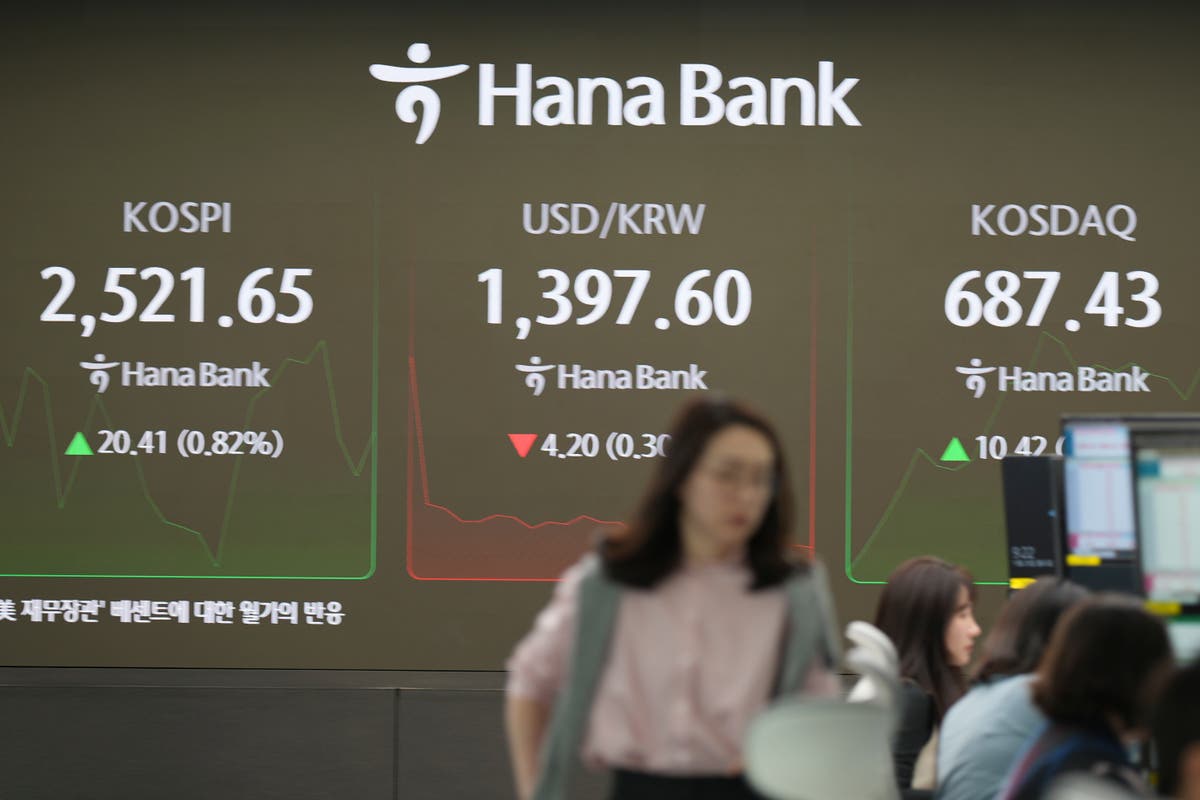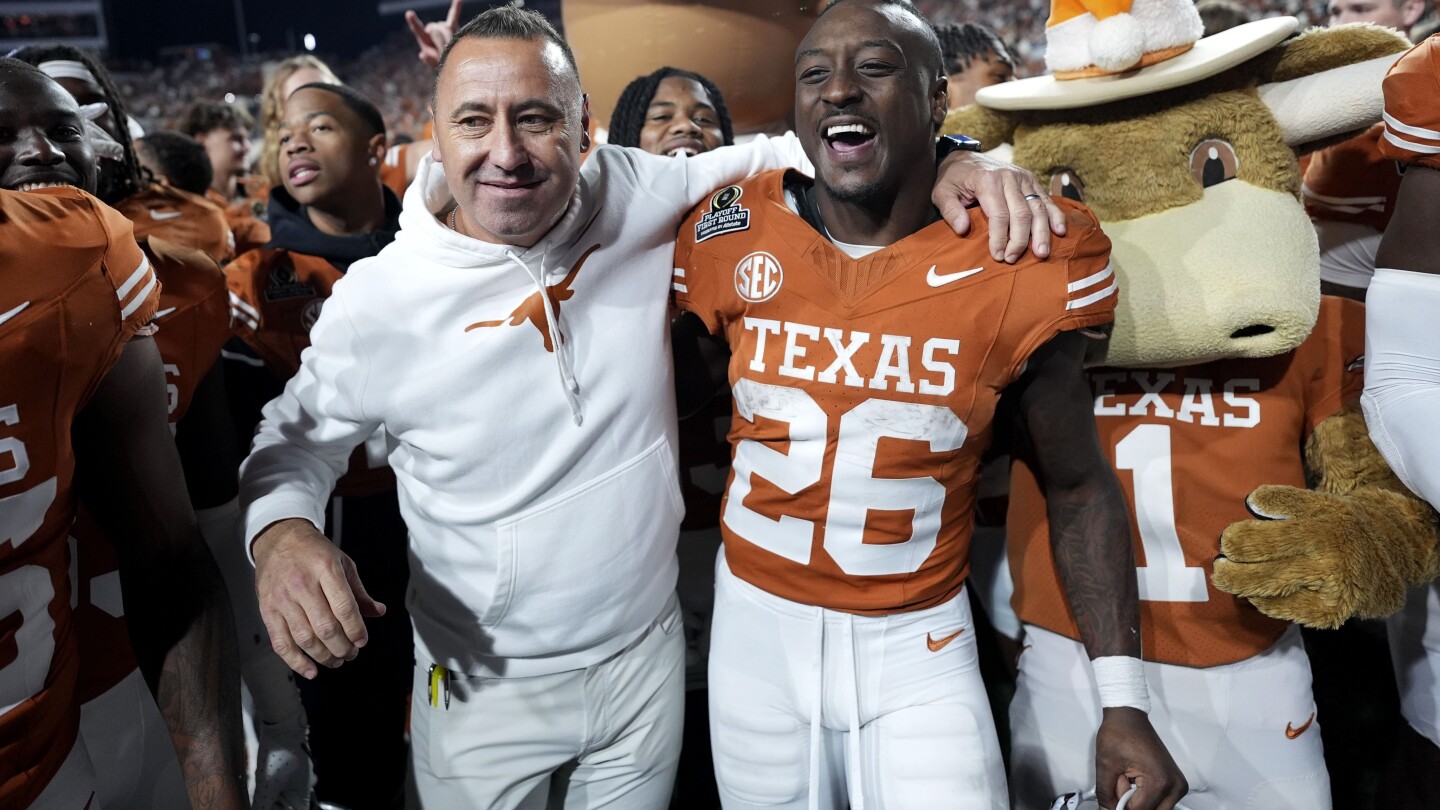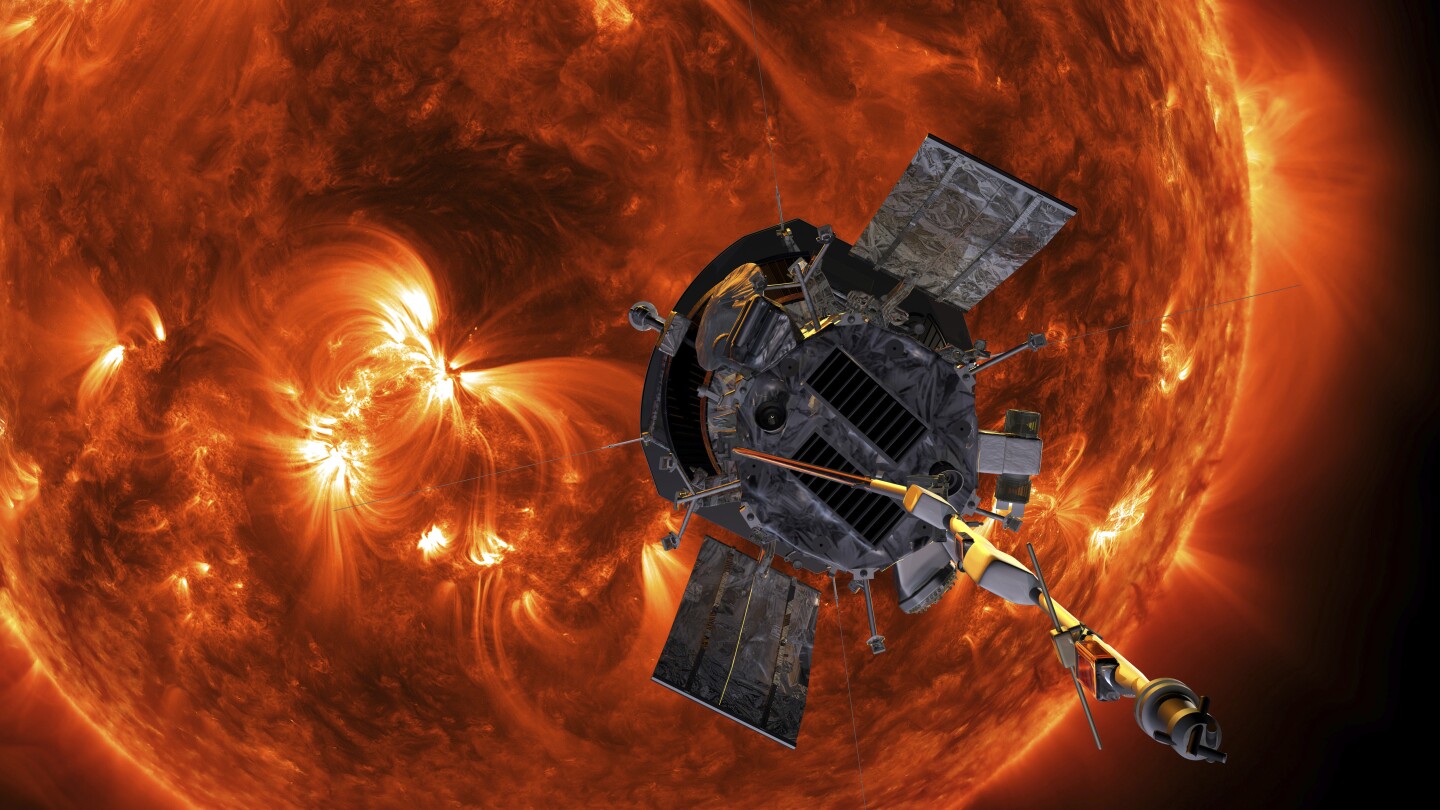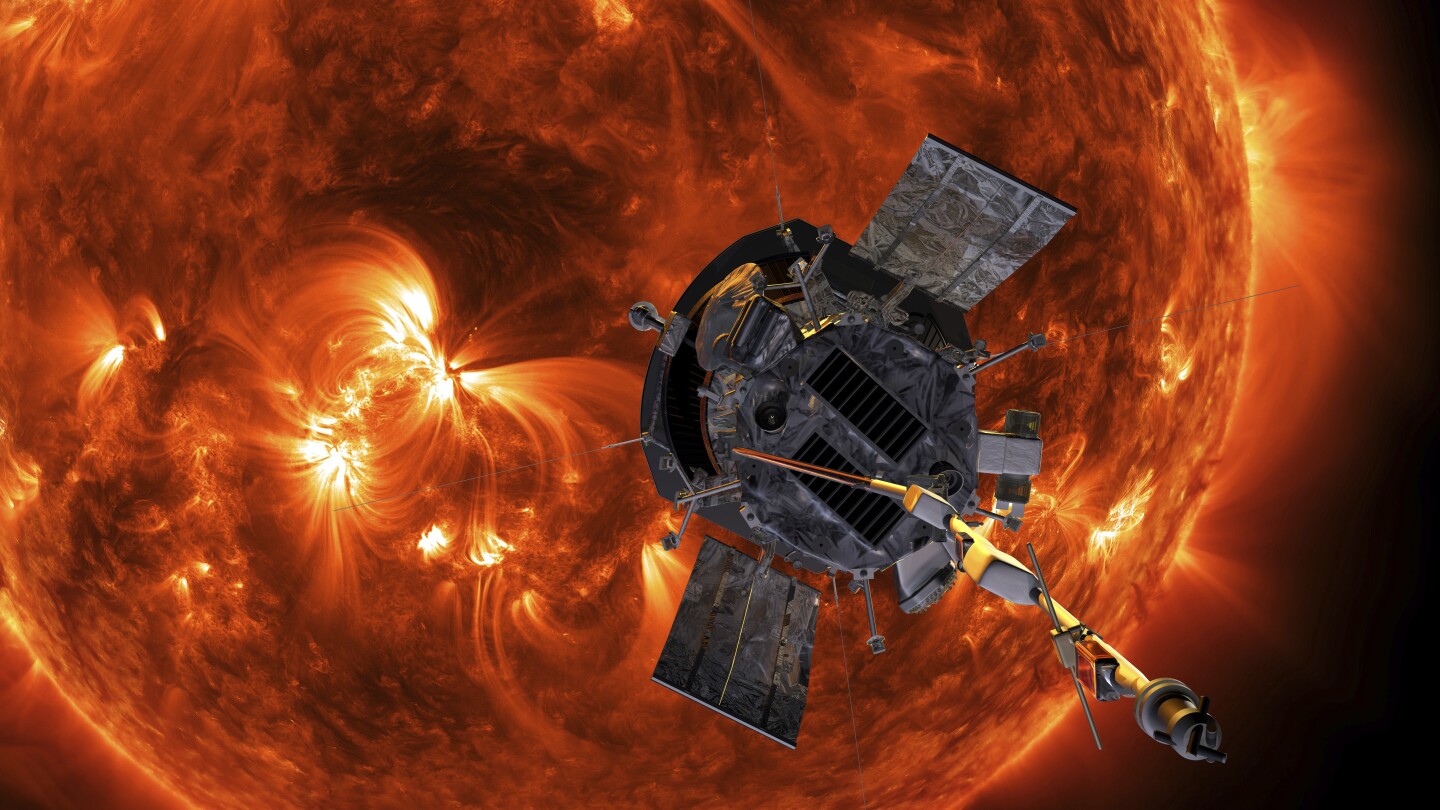A chain reaction sparked by continued inflation could put the bull market to rest, according to Trivariate Research. As the bull market enters its third year, investors are wondering how much more room there is to run before a pullback is due. In the same vein, they’re wondering what, if anything, can catalyze such a correction. Trivariate founder Adam Parker pointed to separate comments from hedge fund managers Paul Tudor Jones and Stanley Druckenmiller indicating inflation may remain sticky. If that comes to fruition, Parker said it could instill fears of interest rates once again getting hiked, which would in turn sour investor sentiment. “Inflation clearly is a risk for US equities as it would remove two powerful legs of the bull thesis,” Parker said in a Sunday note to clients outlining the bear case for stocks. “It would likely cause the Fed to pause, and maybe even reverse course.” In other words, price growth could put at risk the coveted interest rate cuts from the Federal Reserve that investors waited on for more than a year. The first rate decrease of this cycle came with the September Fed policy meeting. Now, Fed funds futures are pricing in a more than 95% likelihood of another drop to the borrowing costs at the central bank’s November gathering, according to CME’s FedWatch Tool. In 2021 and 2022, Parker said there was a “strong and statistically significant relationship” between Fed funds futures and the price-to-earnings multiple on growth stocks. Though that connection now looks different, the Morgan Stanley alum said he would be “surprised if multiples did not compress meaningfully” if the expectation for the Fed funds rate rises from 3.5% to 5% or above. “If the Fed ends up hiking, this perception of higher rates could impact equities the way it did in 2021 and 2022,” Parker said. One factor tied to this theme is the upcoming U.S. presidential election, which is considered a dead heat race between Kamala Harris and Donald Trump . Tudor Jones told CNBC last week that the bond market could sell off after the election — leading to a spike in rates — given the alarm created by plans for increased spending from both candidates. The next key reading of inflation comes Thursday with the personal consumption expenditures price index’s September data due in the morning. Economists polled by Dow Jones forecast the index will increase 0.2% from August and 2.1% compared with the same month a year prior. Excluding volatile food and energy prices, the so-called core PCE is expected to rise 0.3% on the month and 2.6% on the year.
The one big fear that could upend the bull market
Oct 28, 2024
